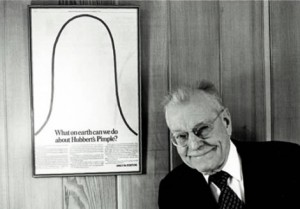Blog #9: Zellers Shifts Holiday Strategy in the Wake of Target Takeover
Target’s $1.8 billion purchase of most Zellers leases is old news, and many my fellow Comm101 bloggers (Akaash Bali and Karen Lee to name a few) have discussed the possibilities of what Target will bring to Canadian retail when the takeover happens, many people have forgotten what Zellers plans to do in the wake of a major liquidation.
In Tuesday’s Globe and Mail, an article titled “Zellers’ Last Christmas” outlined Zellers’ creative strategy for this holiday season. With the unique situation of having time before relinquishing their stores (Target’s takeover won’t be complete until March 2013), Zellers has the opportunity to plan out a strategy to maximize profits. Consequentially, with Zellers no longer focusing on gaining market share by trumping discount leaders (they’ll be gone soon, so whats the point?) they have started to stock inventory with higher margin items such as clothing and jewelry. Traditionally, Zellers had focused on advertising cheap, low margin goods (such as paper towels) during the holiday season. Now, Zellers is going digital in an attempt to maximize profits by advertising through Facebook, and letting consumers vote on weekly sales.
Its quite ingenious, really. Zeller’s unique situation makes it an ideal case study for changing strategies and tactics in response to the business environment. As CEO Mark Foote says, “it’s a weird time”. Weird, but interesting. It is definitely worth following how Zellers handles the next year.
 Comments(0)
Comments(0)



